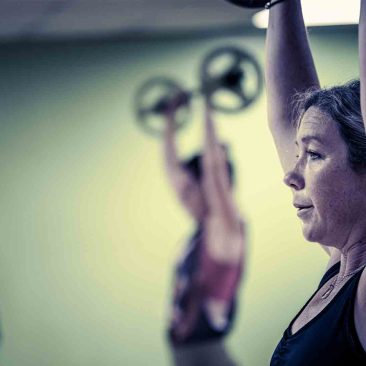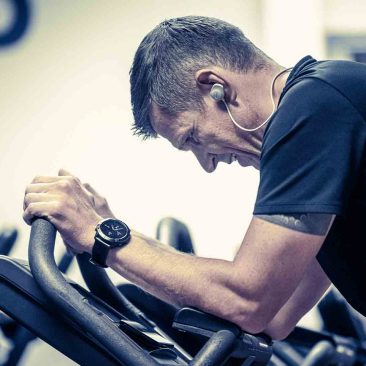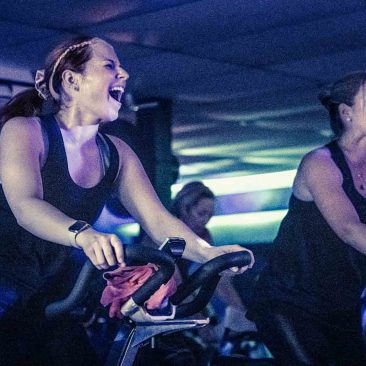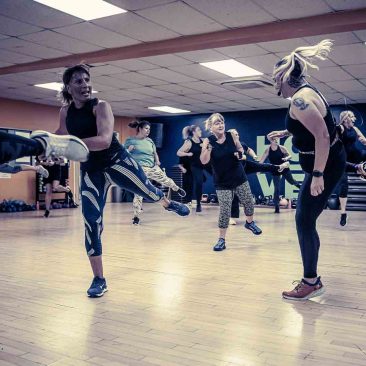
Did you know that the 17th of March is World Sleep Day? What better time to explore the ways your workouts can affect your sleep, and your sleep can affect your workouts, for better and for worse.
What is Sleep Health?
Ultimately most people work out because they want to improve or maintain their health in some way, but have you ever considered your sleep health? Healthy sleep consists of three things:
- Duration – Your sleep needs to last long enough for you to feel rested and alert the next day. For most people this is between 7 and 9 hours.
- Depth – Your sleep needs to be deep enough to be restorative. Deep sleep (or Non-REM sleep) is the period where our body strengthens the immune system, repairs muscles, and leaves you feeling refreshed. If you feel exhausted even after a full night’s sleep it may be a sign you’re not sleeping deeply.
- Continuity – This means sleeping through the night, without your sleep cycles being broken. Our sleep cycles are progressive, with most of the deep sleep happening during the first part of the night, so quality is better than quantity here. Even a shorter night of completed sleep cycles will help you feel more rested than a long night of fragmented sleep.
While seeing the changes exercise can have on your body shape can take a while, improvements in sleep can happen the same day you start exercising!
Well-Rested Means Better Workouts
The more well-rested we are the better our workouts are going to be. This is for a variety of reasons:
- Motivation – This one’s pretty common sense. If we feel exhausted before we’ve even gotten out of bed, chances are the last thing we’ll want to do is get our trainers on and get moving. Getting enough sleep is the first step to making that workout plan a reality.
- Efficiency – Being well rested improves our focus, mood, and concentration, all of which helps prepare us to work out, and leads to a more efficient workout, with less risk of bad form and injury.
- Perceived Effort – The less sleep we’ve had, the harder our workouts feel. Even though one night of bad sleep won’t affect your strength or capability, it will make you fatigue faster, which means doing your usual workout will feel tougher, but without the gains of ACTUALLY increasing your effort.
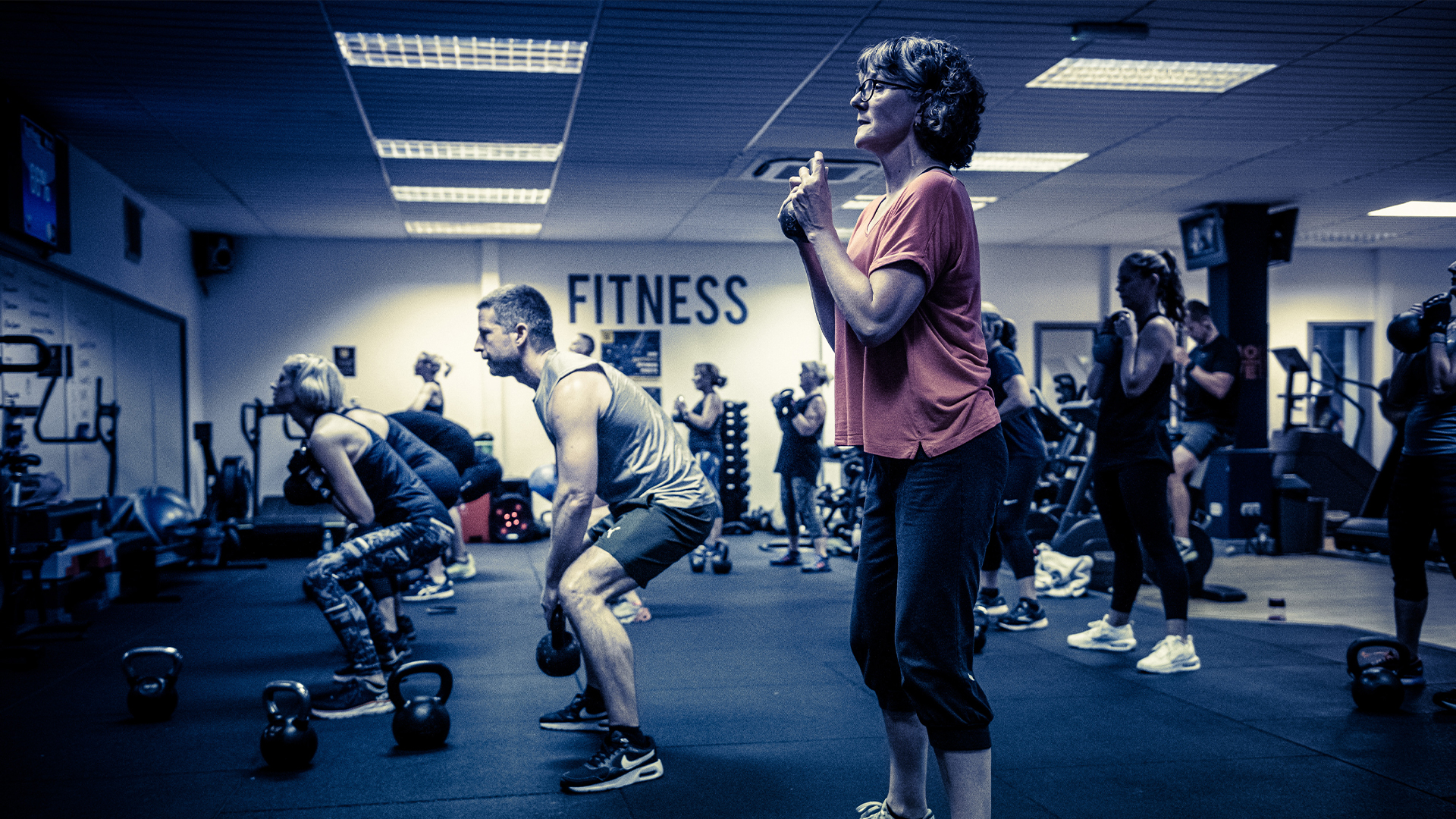
Sleep Deeper With Aerobic Exercise
Studies show that people who do a moderate amount of aerobic exercise have an increase in the amount of deep sleep they get, meaning their body gets a better chance to heal, restore and strengthen, and will feel more energetic during the following day.
This may be partly due to the fact that exercise helps with mood stabilisation, and can be a natural stress reliever, which eases the transition from wakefulness to sleep.
Hack Your Circadian Rhythms
Working out raises your core temperature, which can make bedtime uncomfortable – no-one wants to feel hot and flustered, kicking the duvet off, and getting the pillow sweaty! However, this change in temperature can be used to help you get to sleep if you time it right, as the resulting decrease in temperature as your body returns to its resting state signals to the body that it’s time to get ready for bed.
The animal part of our brain knows that when the sun sets, everything gets cooler, which means it’s time to settle down for the night, so timing a workout for 30-90 minutes before you need to sleep can trick your circadian rhythms into thinking it’s night time, which is a great hack for people who work nights, or have changing shift patterns.
The Early Bird Gets The Benefits
Early morning workouts have been shown to stimulate your body’s production of melatonin earlier in the evening. This acts on your body’s receptors, encouraging sleep.
Exercise also produces hormones such as adrenaline, which in short bursts helps you feel alert and ready to start the day, and the mental boost it gives can last for several hours.
Wired VS Tired
Exercising close to bedtime can make it tricky for some people to wind down and get to sleep.
This is because the endorphins released by aerobic activity can increase brain activity, leading to that “wired” feeling, making it hard to drift off in the first place, and potentially leading to interrupted sleep cycles.
If this is something you have trouble with then try and time your aerobic workouts to end at least an hour before you plan to sleep, to give your brain a chance to relax. Instead, make the most of that energising effect and try and get your heart pumping early in the day, to help you feel energised, or try and plan a quick cardio session for the time of day when you might typically hit a slump and reach for that extra cup of coffee!
Find a class to try and workout at a different time of day.
Have you noticed how exercise affects your sleep? Make it your focus this week and see how focussing on your sleep health can help you get the most from your workouts!
